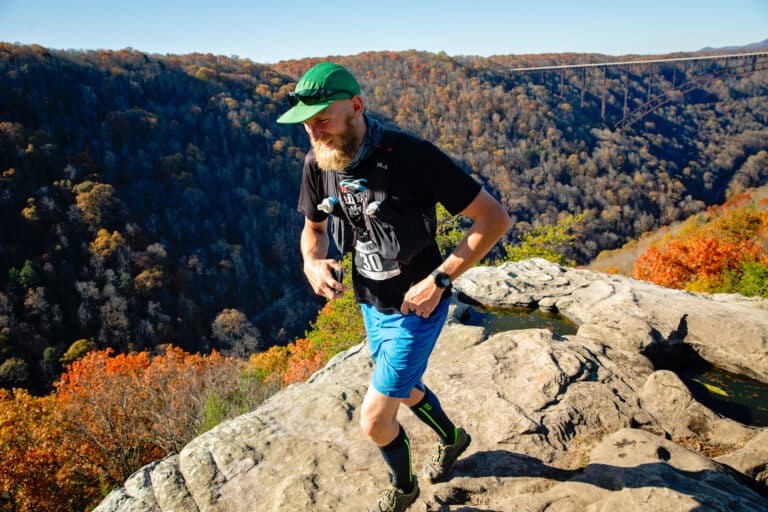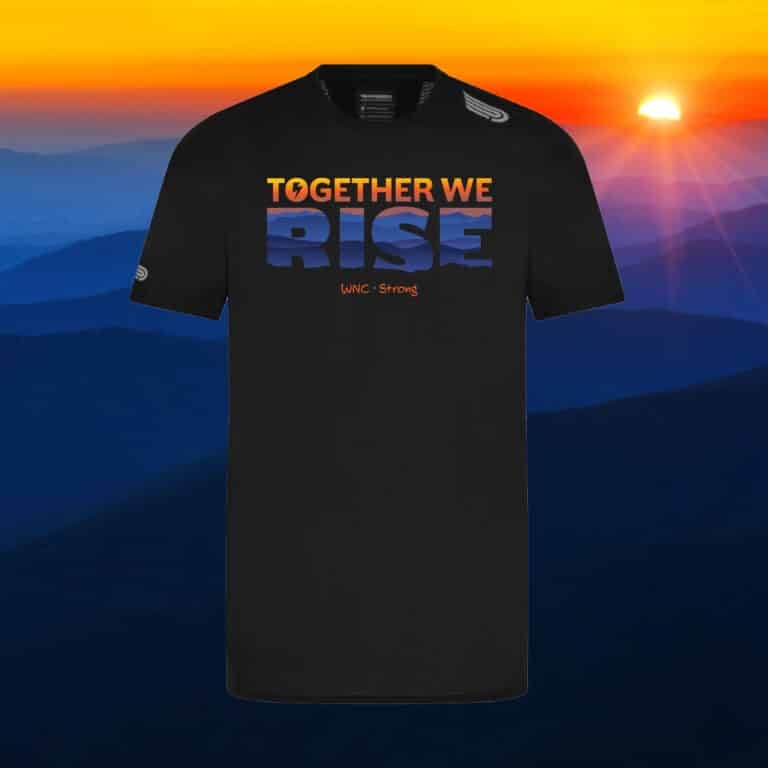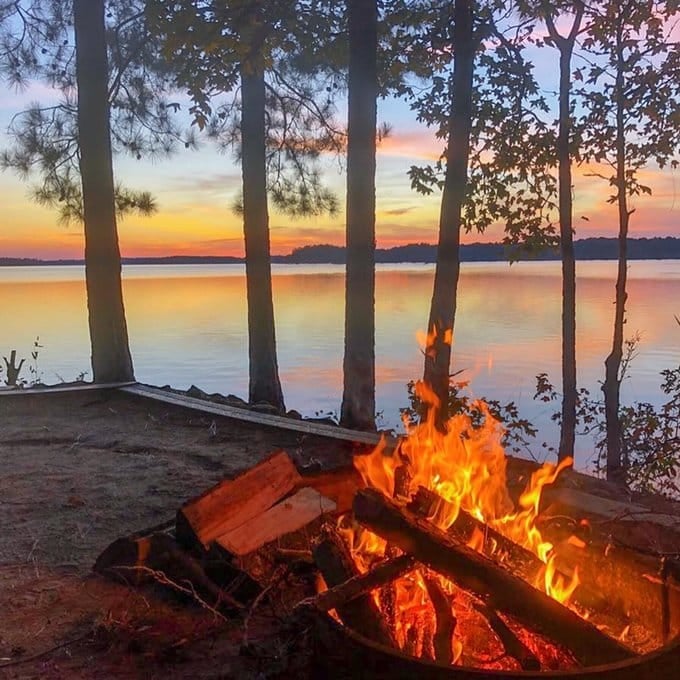Wintergreen Adaptive Sports Founder Michael Zuckerman
In 1982 Michael Zuckerman—a Virginia schoolteacher who taught skiing at Wintergreen Resort on the side—had a random lesson that would change his life. With no training in adaptive instruction, Zuckerman was asked if he’d be willing to teach amputee Vince Fiore how to ski. The experience of that single day has led Zuckerman to create the nonprofit Wintergreen Adaptive Sports, which has taught thousands of aspiring athletes with disabilities how to ski, snowboard, and kayak.
 What was so inspiring about that first lesson with Vince?
What was so inspiring about that first lesson with Vince?
I really didn’t know what I was doing. We had no equipment. I found a pair of outriggers in a closet somewhere. Vince, who has since passed away, had lost a leg to cancer, but he epitomized an indomitable human spirit. He refused to stop loving life no matter what happened to him. Once he learned to ski, he could not go slow. He’d start going down the mountain, and you just couldn’t keep up with him. After that lesson, I made teaching people with disabilities my specialty in the ski school. Something just clicked, and for me these became the most rewarding lessons imaginable. I meet mothers with Multiple Sclerosis or kids with disabilities. When you get them to the point of being able to join their families on the slopes, it’s a great feeling.
Growing the organization, managing over 100 people, and being accountable for a sizable budget. I don’t have an MBA or management training. That’s the part I didn’t anticipate as a ski instructor.
What sets your program apart from bigger resorts?
Most adaptive programs are managed by older skiers who resist utilizing snowboarders. As a former high school teacher, I have a constant influx of young instructors who all ride snowboards. Wintergreen has been at the forefront of getting snowboarders credibility in the adaptive world. We have more adaptive certified instructors on snowboards than all of the programs in the East combined.
 Tell me about your work with war veterans.
Tell me about your work with war veterans.
This is another area where we have set the standard—working with people recently returned from Iraq and Afghanistan. Because of our close proximity to Walter Reed Army Medical Hospital, we were the first chapter of Disabled Sports USA to hold a Wounded Warrior event. We are about to do our sixth full weekend, and we recently added sessions for veterans with post-traumatic stress disorder. These lessons have proved to be some of our most challenging. Although some of these veterans are totally able-bodied, they are often the most fragile emotionally. BRO








